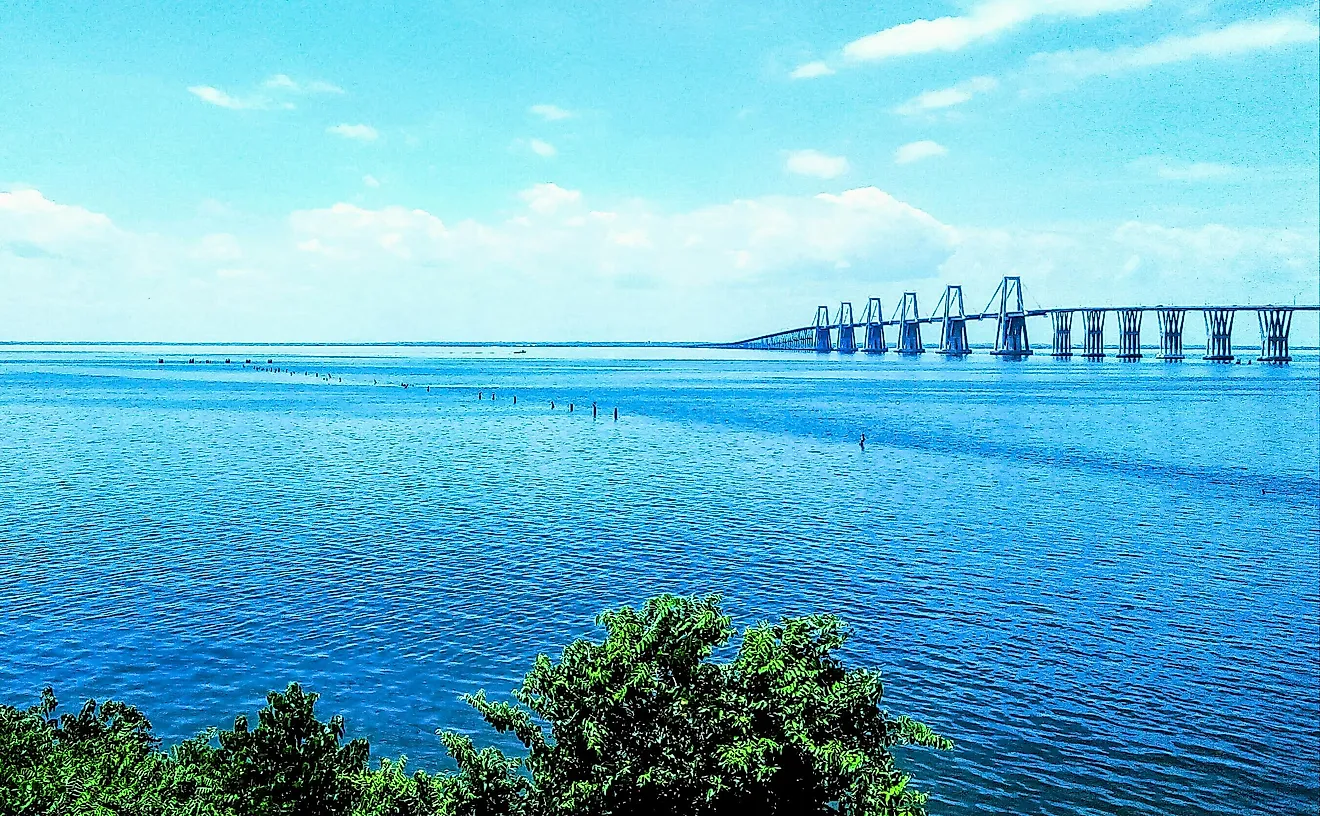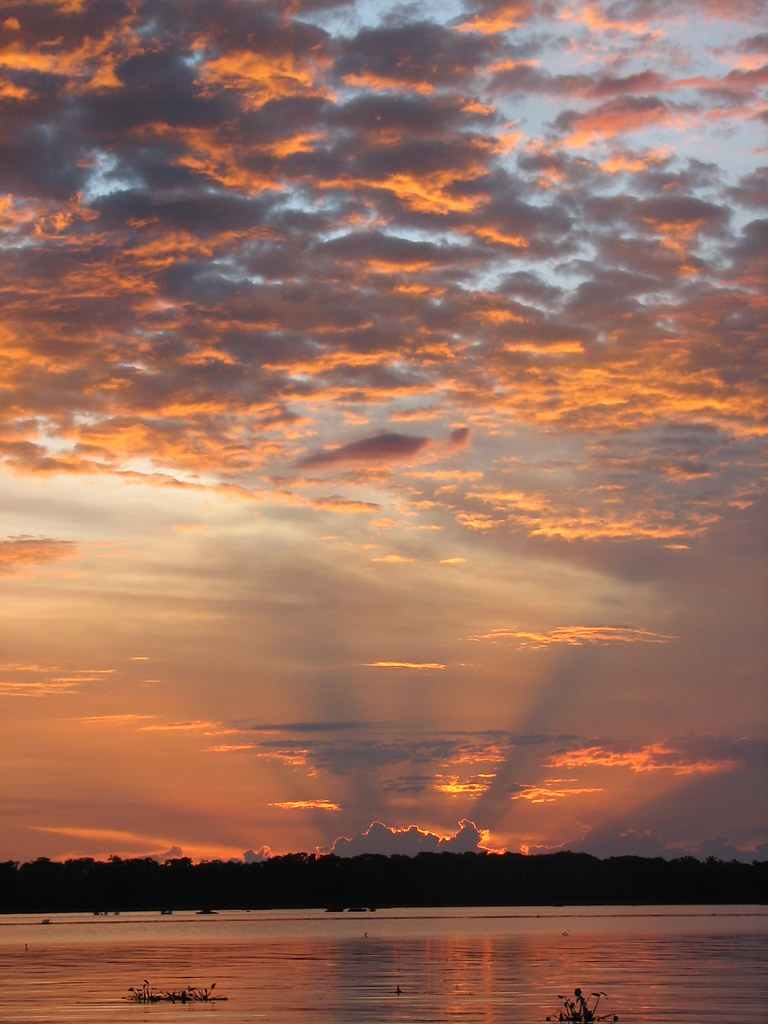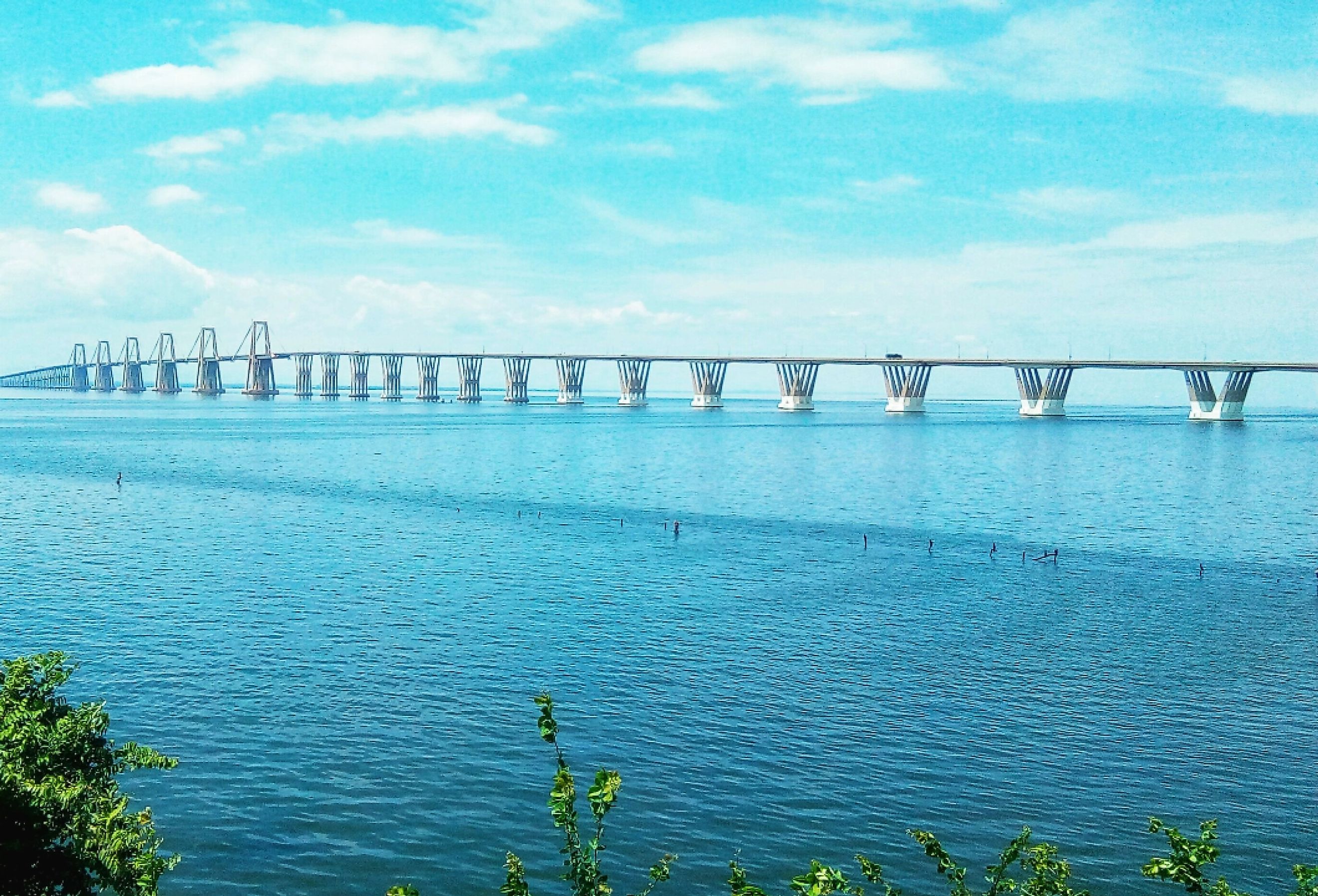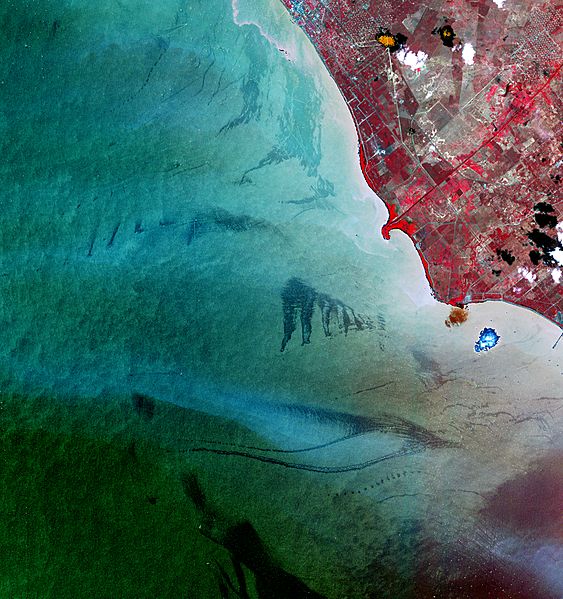Lake Maracaibo: A Jewel of Venezuela
Related Articles: Lake Maracaibo: A Jewel of Venezuela
Introduction
In this auspicious occasion, we are delighted to delve into the intriguing topic related to Lake Maracaibo: A Jewel of Venezuela. Let’s weave interesting information and offer fresh perspectives to the readers.
Table of Content
Lake Maracaibo: A Jewel of Venezuela

Lake Maracaibo, a vast body of water situated in northwestern Venezuela, is more than just a picturesque landscape. It is a vital resource for the nation, playing a crucial role in its economy, history, and cultural identity. Its unique geography, rich biodiversity, and historical significance make it a fascinating subject of study and a remarkable destination for travelers.
A Geographic Enigma:
Lake Maracaibo, the largest lake in South America, is actually a lagoon, a shallow body of water separated from the Caribbean Sea by a narrow strip of land known as the "Barra del Maracaibo." This unique formation is a result of tectonic activity that created a depression in the land, which was later filled with water from the sea. The lake’s connection to the sea through the narrow strait allows for the influx of saltwater, giving Lake Maracaibo its brackish character.
A Tapestry of Biodiversity:
The diverse ecosystem of Lake Maracaibo supports a rich tapestry of life. Its waters teem with a wide variety of fish, including the iconic "pez limón" (lemonfish), a popular local delicacy. Its shores are home to various bird species, including flamingos, herons, and pelicans, making it a haven for birdwatchers. The lake’s surrounding wetlands are also crucial habitats for numerous reptiles and amphibians.
A Cradle of Civilization:
Lake Maracaibo has been a focal point for human activity for millennia. Archaeological evidence suggests that the region has been inhabited since pre-Columbian times. The indigenous tribes who lived in the area were skilled fishermen and navigators, utilizing the lake’s resources for sustenance and trade. The lake’s strategic location played a pivotal role in the development of the region, and it served as a vital artery for trade and communication.
A Legacy of Oil:
Lake Maracaibo holds a significant place in Venezuela’s economic history. In 1914, the first commercial oil well in Venezuela was drilled in the lake, marking the beginning of a period of rapid economic growth. The discovery of oil in the lake transformed Venezuela into a major oil producer, significantly impacting the nation’s economy and global energy markets.
A Source of Controversy:
Despite its economic significance, Lake Maracaibo has also faced challenges, particularly in recent decades. The intensive oil exploration and extraction activities have led to environmental concerns, including pollution and habitat degradation. The lake’s waters have been affected by oil spills and the discharge of industrial waste, raising concerns about the long-term health of the ecosystem.
Navigating the Challenges:
Recognizing the importance of preserving this vital resource, efforts are underway to mitigate the environmental impacts of oil extraction and promote sustainable practices. Conservation programs are being implemented to protect the lake’s biodiversity and ensure the long-term health of the ecosystem.
A Beacon of Hope:
Despite the challenges, Lake Maracaibo remains a source of pride and resilience for Venezuela. Its beauty and cultural significance continue to inspire artists and writers, and its waters continue to provide sustenance for local communities. The lake’s legacy serves as a reminder of the importance of preserving natural resources and fostering sustainable development.
Understanding Lake Maracaibo: Frequently Asked Questions
Q: What is the size of Lake Maracaibo?
A: Lake Maracaibo is the largest lake in South America, covering an area of approximately 13,210 square kilometers (5,100 square miles).
Q: Why is Lake Maracaibo called a lagoon?
A: Lake Maracaibo is technically a lagoon because it is a shallow body of water separated from the sea by a narrow strip of land, the "Barra del Maracaibo."
Q: What is the significance of the "Barra del Maracaibo"?
A: The "Barra del Maracaibo" is a narrow strip of land that separates Lake Maracaibo from the Caribbean Sea. It is a key feature that allows for the influx of saltwater into the lake.
Q: What are the major environmental challenges facing Lake Maracaibo?
A: The major environmental challenges facing Lake Maracaibo include oil pollution, habitat degradation, and the discharge of industrial waste.
Q: What efforts are being made to protect Lake Maracaibo?
A: Efforts are underway to mitigate the environmental impacts of oil extraction and promote sustainable practices. Conservation programs are being implemented to protect the lake’s biodiversity and ensure the long-term health of the ecosystem.
Q: What are the cultural and historical significance of Lake Maracaibo?
A: Lake Maracaibo has been a focal point for human activity for millennia. It played a crucial role in the development of the region and served as a vital artery for trade and communication. It is also a source of inspiration for artists and writers.
Tips for Visiting Lake Maracaibo
- Plan your trip in advance: Research the best time to visit, considering weather conditions and potential festivals.
- Consider a guided tour: A knowledgeable guide can provide insights into the lake’s history, culture, and environment.
- Enjoy the local cuisine: Sample the fresh seafood and traditional dishes of the region.
- Be mindful of the environment: Respect the lake’s ecosystem and dispose of waste responsibly.
- Engage with the local community: Learn about their lives and culture.
Conclusion:
Lake Maracaibo is a remarkable testament to the power and resilience of nature. Its unique geography, rich biodiversity, and historical significance make it a vital resource for Venezuela and a fascinating subject of study. Recognizing the challenges it faces, efforts to protect and preserve this vital ecosystem are crucial for ensuring its continued role in the nation’s economy, culture, and future. Lake Maracaibo stands as a reminder of the interconnectedness of human activity and the environment, urging us to act responsibly and sustainably for the benefit of future generations.








Closure
Thus, we hope this article has provided valuable insights into Lake Maracaibo: A Jewel of Venezuela. We thank you for taking the time to read this article. See you in our next article!